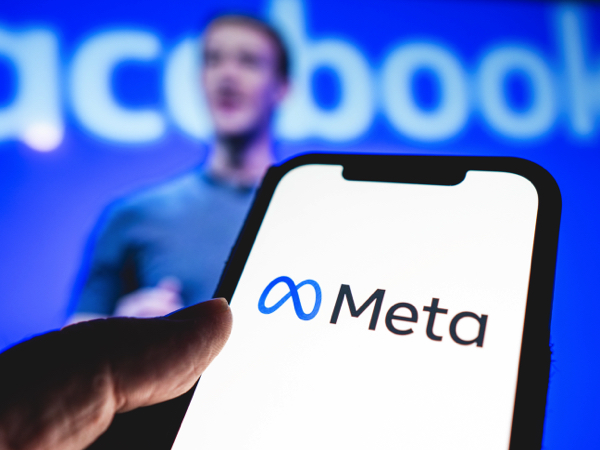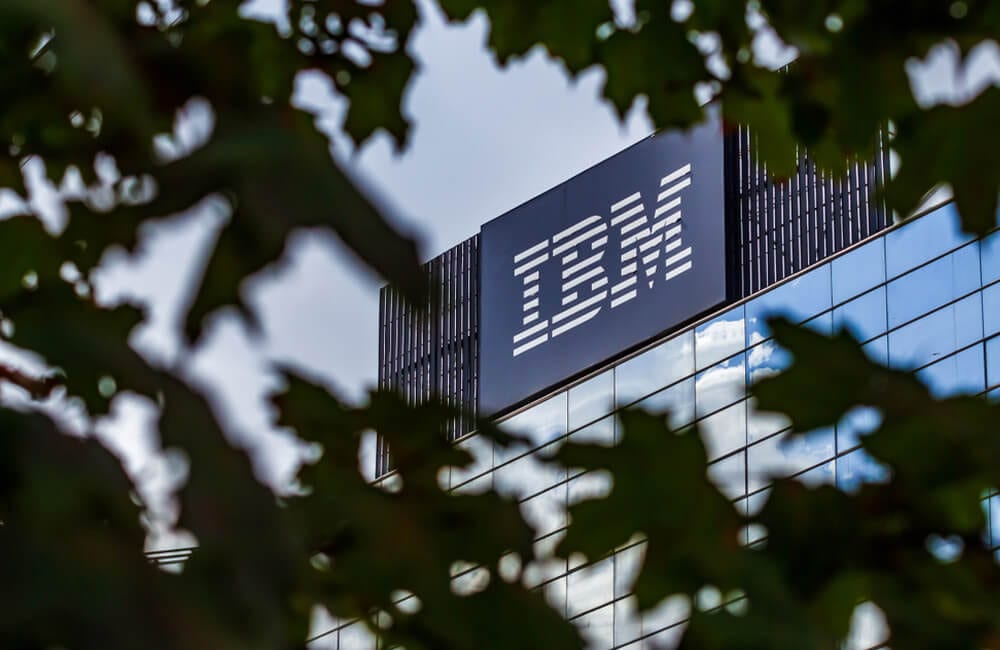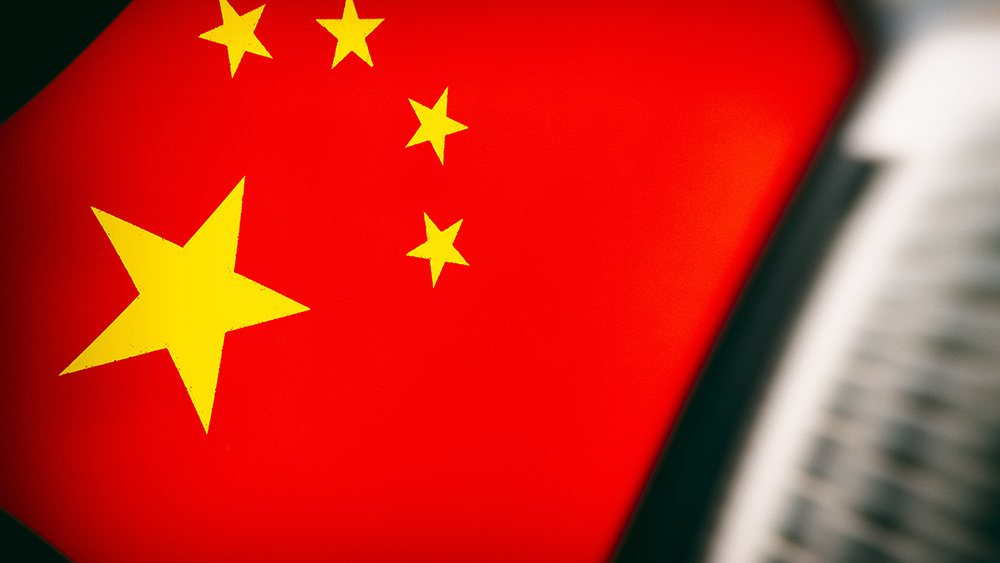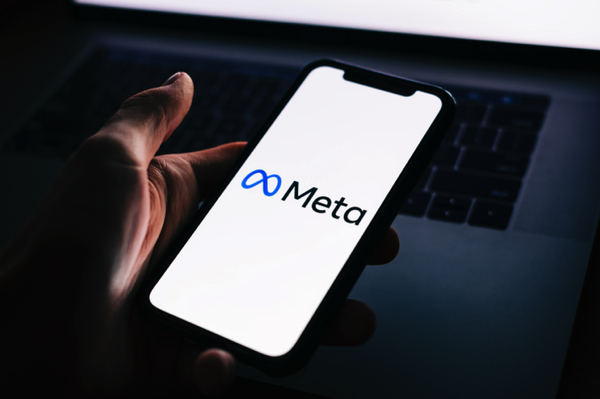Meta acquires $14.8B stake in Scale AI as Zuckerberg pushes for AI supremacy
06/12/2025 / By Cassie B.

- Meta acquires 49% of Scale AI for $14.8B, integrating CEO Alexandr Wang into its new “Superintelligence” initiative.
- Zuckerberg’s high-stakes bet aims to close Meta’s AI gap against rivals like OpenAI and Google.
- Scale AI’s data-labeling expertise addresses Meta’s innovation bottleneck in AI training.
- Meta’s AGI ambitions face regulatory risks and fierce competition as Big Tech spends $320B+ on AI.
- Critics warn Meta’s open-source strategy may have slowed progress, while rivals advance with proprietary models.
Meta Platforms is acquiring a 49% stake in Scale AI for $14.8 billion, according to reports confirmed this week. The deal, finalized after days of speculation, includes Scale AI’s CEO Alexandr Wang joining Meta’s newly formed “Superintelligence” initiative in a high-stakes gamble by Mark Zuckerberg to accelerate the company’s lagging AI progress.
With Big Tech firms projected to pour $320 billion into AI infrastructure this year, Meta’s investment signals a desperate push to compete against rivals like OpenAI, Google, and Microsoft, all vying to dominate the next frontier of machine intelligence.
Meta’s AI struggles prompt drastic action
Meta’s aggressive pivot comes amid growing frustration over its AI division’s performance. Despite releasing its Llama AI models and integrating AI across Facebook, Instagram, and WhatsApp, the company has faced internal turmoil, employee attrition, and underwhelming product launches. Reports indicate Zuckerberg was particularly incensed when external researchers debunked Meta’s claims that its latest AI models outperformed competitors.
The Scale AI acquisition mirrors Meta’s past high-risk bets, such as its $19 billion WhatsApp buyout—a deal that was initially mocked but later vindicated. This time, however, Zuckerberg isn’t betting on a social media app but on the lifeblood of AI development: data. Scale AI specializes in labeling and refining datasets used to train advanced AI systems, serving clients like OpenAI and Microsoft. By securing Scale’s expertise, Meta aims to address its innovation gap in data processing, a critical bottleneck in AI advancement.
The rise of “superintelligence” and Big Tech’s spending spree
Zuckerberg’s ambitions extend beyond conventional AI. The new “Superintelligence” lab will pursue artificial general intelligence (AGI)—machines matching human cognitive abilities—and beyond. Computer scientist Ben Goertzel, founder of SingularityNET, predicts AGI could emerge within three years, calling decentralization key to its ethical development. Yet Meta, like its peers, is racing to centralize control, with Bloomberg reporting AI capital expenditures surging 16% in 2025 alone.
The Scale AI deal also highlights Silicon Valley’s talent wars. Meta has reportedly offered seven- to nine-figure packages to poach researchers from OpenAI and Google, while Wang’s recruitment underscores Zuckerberg’s faith in young, ambitious leaders. At 28, Wang lacks the academic pedigree of AI luminaries like Meta’s Yann LeCun but brings political savvy, having lobbied the Trump administration for increased AI investment to counter China.
Meta’s strategy isn’t without risks. The Federal Trade Commission’s ongoing scrutiny of its acquisitions of Instagram and WhatsApp could complicate the Scale AI deal. Meanwhile, rivals are advancing rapidly: OpenAI is preparing GPT-5, while Google and Amazon invest billions in Anthropic and other startups. Scale AI’s own revenue shortfalls raise questions about its long-term viability as synthetic data gains traction.
Critics argue Meta is playing catch-up after years of open-sourcing its AI tools—a strategy championed by LeCun but one that may have ceded ground to proprietary rivals. “Data is a moving target,” warned Anyscale’s Robert Nishihara, emphasizing the need for continuous innovation. Competitors like Turing CEO Jonathan Siddharth already report increased interest from clients wary of Scale’s Meta ties, suggesting the deal could backfire by alienating Scale’s existing partners.
Meta’s $14.8 billion wager on Scale AI reflects Zuckerberg’s determination to avoid being sidelined in the AI revolution. Whether the investment yields breakthroughs or becomes another costly misstep hinges on Wang’s leadership, regulatory hurdles, and Meta’s ability to retain top talent amid fierce competition. As Big Tech’s AI spending eclipses $320 billion this year, the race for superintelligence is clearly accelerating.
Sources for this article include:
Submit a correction >>
Tagged Under:
AGI, AI, Big Tech, computing, future tech, Glitch, information technology, mark zuckerberg, meta, robots, Scale AI, tech giants, technocrats
This article may contain statements that reflect the opinion of the author
RECENT NEWS & ARTICLES
COPYRIGHT © 2018 TECHGIANTS.NEWS
All content posted on this site is protected under Free Speech. TechGiants.news is not responsible for content written by contributing authors. The information on this site is provided for educational and entertainment purposes only. It is not intended as a substitute for professional advice of any kind. TechGiants.news assumes no responsibility for the use or misuse of this material. All trademarks, registered trademarks and service marks mentioned on this site are the property of their respective owners.



















